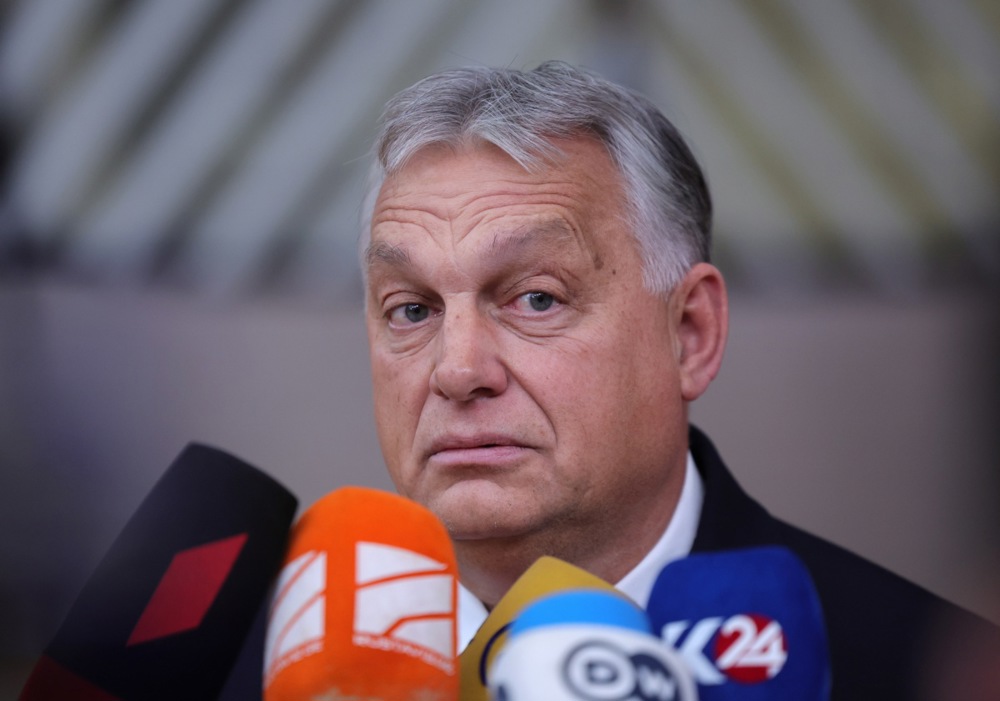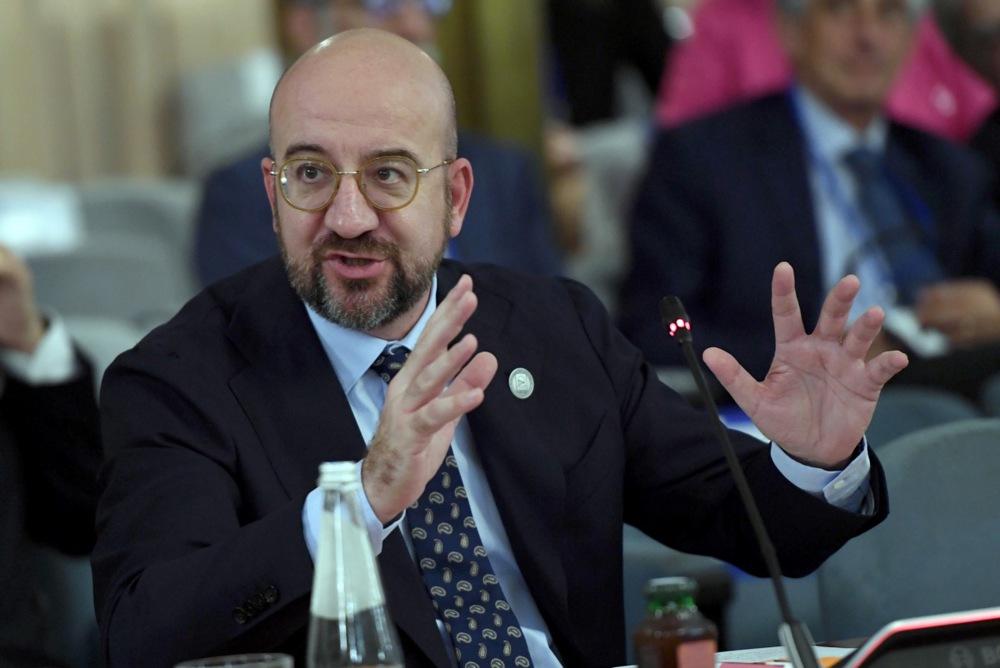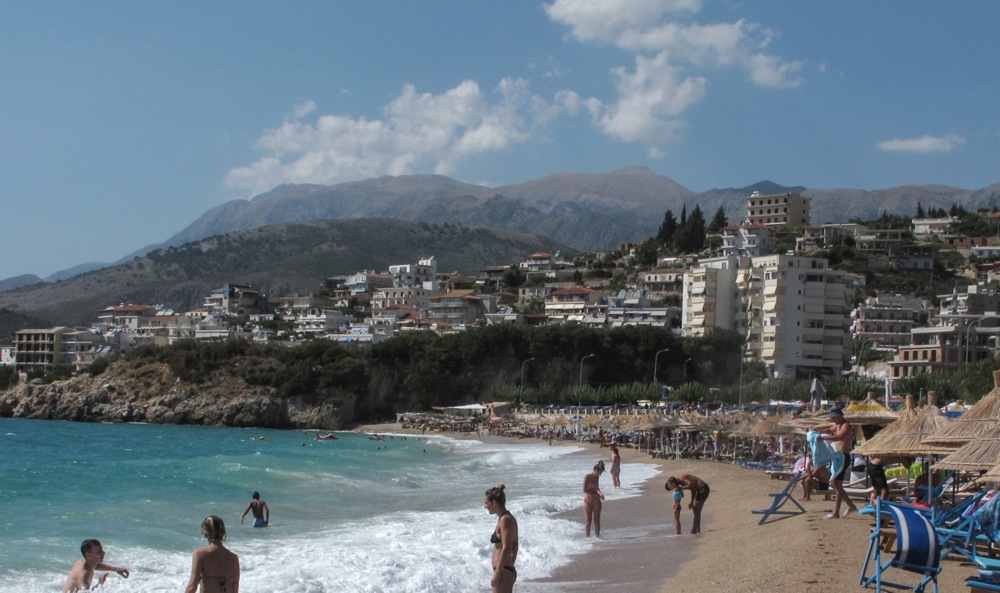EU accession talks with Ukraine and Moldova are now okay to begin, officials are said to have told the Financial Times.
Both countries are reported to have met the criteria to join the bloc, with the European Commission having allegedly notified the ambassadors of the 27 member states that formal accession negotiations for Ukraine and Moldova’s EU membership can begin.
The Commission wants to start the talks before July when Hungary — which has reservations about Ukraine joining the EU — will take over the presidency of the union.
According to the European Commission, both Ukraine and Moldova have made great strides forward to meet the conditions for accession.
In the weeks that followed Russia’s full-scale invasion of Ukraine in 2022, Kyiv submitted an application for EU membership. Spurred by Moscow’s aggression, the EU made one of its fastest decisions to grant candidate status a few months later.
Russia’s war also made Georgia a candidate country in 2023, while the talks with six Balkan candidates suddenly moved forward much faster.
Criteria that Ukraine still had to adhere to were anti-corruption measures, restrictions on political lobbying, rules on asset declarations for public officials and protection of languages used by national minorities.
Moldova meanwhile is said to have progressed on the required judicial reforms.
Georgia meanwhile has not been given the green light to move forward. In recent weeks, it adopted a law on foreign agents, mandating that civil rights groups and media outlets receiving funds from abroad must register with the government as “foreign agents” or face fines.
Georgia also plans on introducing new legislation against “LGBTQ propaganda.”
Both laws are reviled in Brussels, which has attempted to draw comparisons to pieces of legislation passed in Russia.
The European Commission said it “deeply regrets” the Georgian parliament’s decision to pass a law that is in breach of EU “principles” required for the country to progress on its membership path, the Financial Times reports.
For Moldova and Ukraine meanwhile, “the decision is in the hands of the member states” on whether to accept them, the Commission spokesperson said.
French President Emmanuel Macron has delayed sending military instructors to Ukraine but announced further military aid. https://t.co/BWRIr8rRgW
— Brussels Signal (@brusselssignal) June 7, 2024
Earlier, on June 5, twelve member states signed an open letter to Belgian foreign minister Hadja Lahbib, whose government currently presides over the Council, where they stressed the need for swift progress on the accession process for Moldova and Ukraine, claiming it would “boost morale and further the work on reforms in these countries.”
The letter was championed by Czechia and co-signed by foreign or European affairs ministers from Estonia, Finland, Germany, Latvia, Lithuania, Poland, Portugal, Romania, Slovakia, Slovenia and Sweden, Euractiv reported.
France did not sign the letter, but said it would do everything it could to hold the first intergovernmental conference before the end of the month,
The Belgian presidency of the Council has stated that it will make every effort to hold the two Intergovernmental Conferences (IGCs) on the sidelines of the General Affairs Council on 25 June in Luxembourg, provided a consensus is reached.
In order for the EU to accept new member states, there has to be unanimity within the bloc. Hungary is projected to be an obstacle in this regard.
The Budapest government has been critical towards Ukraine, voicing particular displeasure at Kyiv’s poor treatment of the ethnic Hungarian minority in the country.
They have also pressured Brussels on why Ukraine’s accession process was being fast-tracked while other prospective members in the Balkans have yet to be let join the bloc.
Earlier, Hungary stalled decisions to send aid to Ukraine. It cited the need for more oversight and stressed the need for evaluations on how the money would be spent and oversight against corruption.
Hungary only caved in after the momentous pressure of other EU countries.
On July 1, Hungary will assume the rotating presidency of the EU, which will provide it more influence over the itinerary of the Council.
The French opposition has accused French President Emanuel Macron of “weaponising” Ukraine’s president to help his European Election campaign. https://t.co/M5tIBexK7T
— Brussels Signal (@brusselssignal) June 6, 2024





